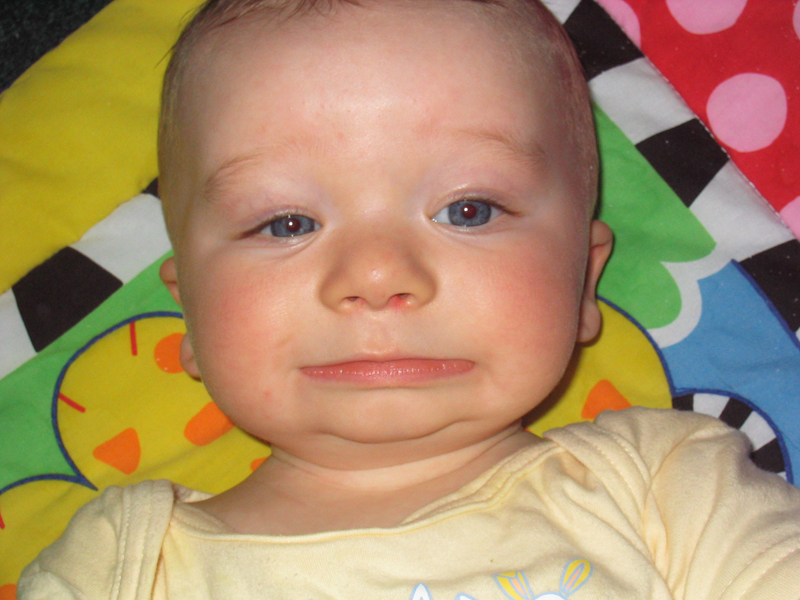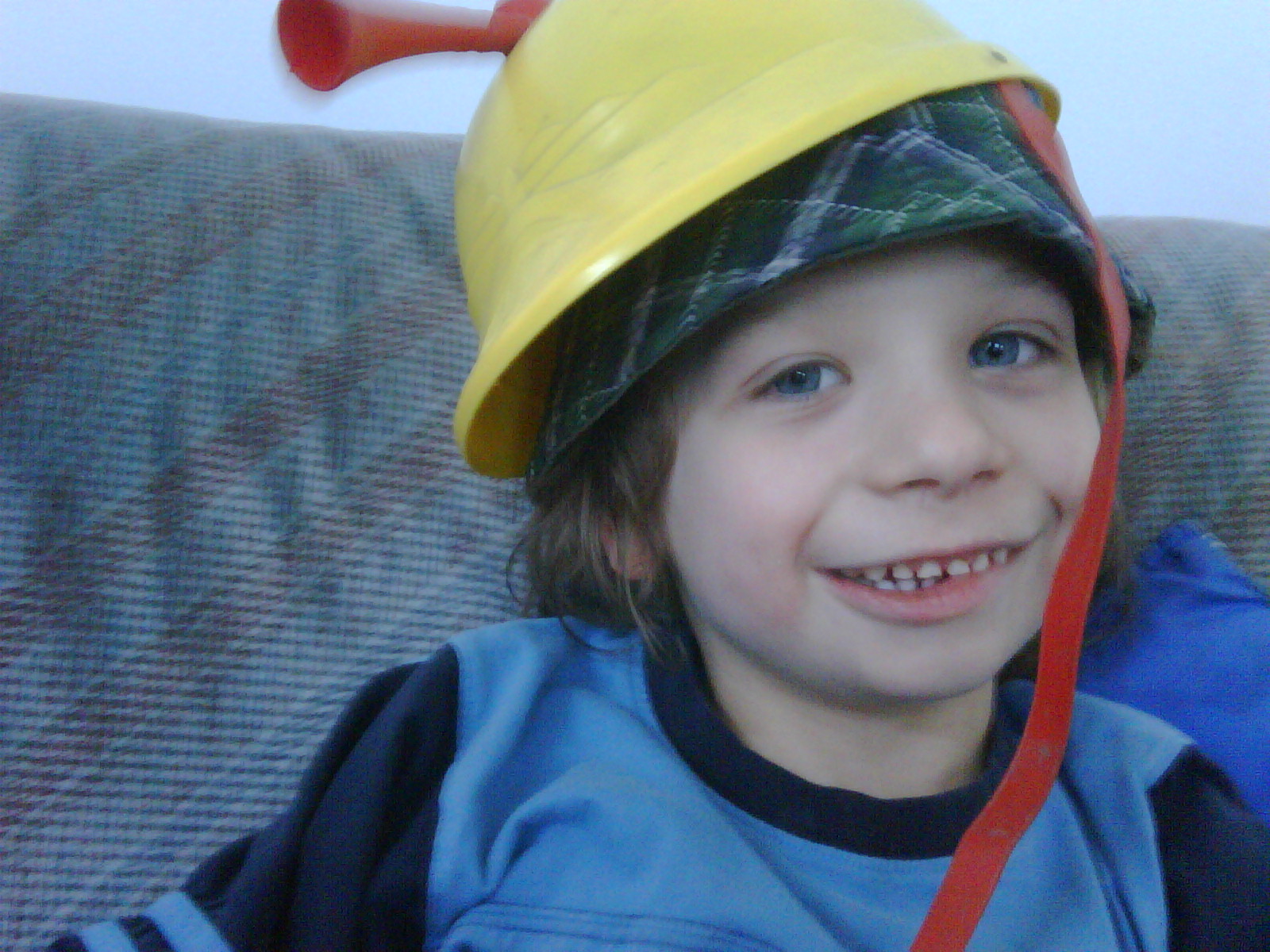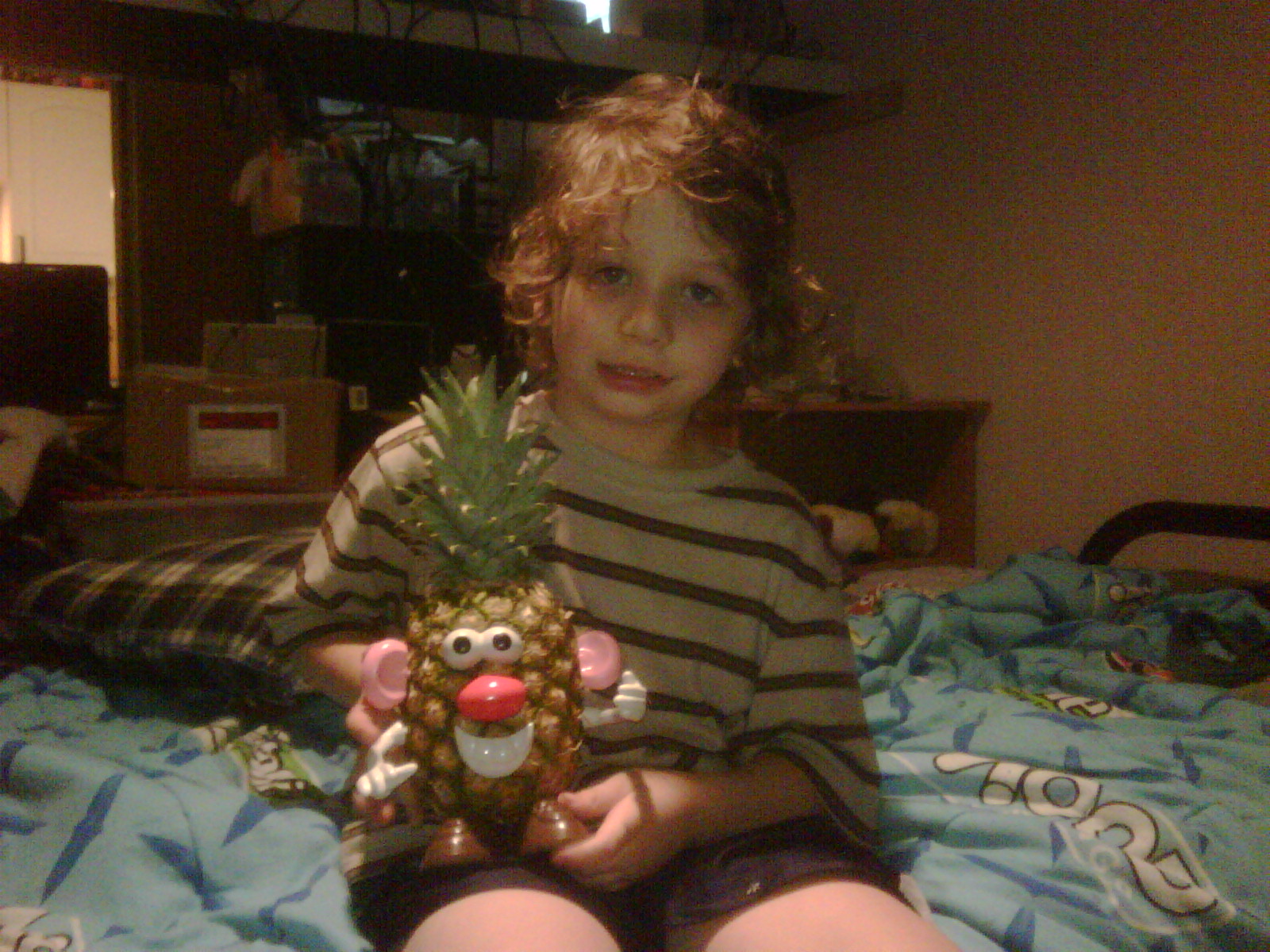We rang in the new year without incident last night. Although it must be said, the term “rang in” is a little grand for what we did. It implies activity other than Gerard and I lounging on the couch in our bathrobes, watching TV and drinking wine. We tuned in to CNN about seven seconds before midnight, had a kiss and exchanged Happy New Year greetings, and that was that. We did call my Mom right after midnight. For her it was seven in the morning and she was up and about, so we were able to have a lovely chat.
New Year celebrations when I was a kid were always a family affair. My Mom has two siblings: a brother (now deceased) and a sister, who back then lived with my grandmother, who was still alive at the time. Every year we would rotate the celebrations: one household would host Christmas, a second would host New Year, and the third would have a break for the year. On the evening of December 31st, aunts, uncles, cousins, and Granny would assemble at the designated home, and we would all have dinner (comprised primarily of leftovers from Christmas). Before midnight we would head outside with our bottles of sparkling wine (us kids were allowed a small amount to see in the New Year with).
Bear in mind that this was in South Africa, when New Years Day falls slap bang in the middle of summer. Being outside at midnight at that time of year is actually very pleasant. It’s not something I would voluntarily try in Canada unless I was on my way from one indoor place to another.
We would have the TV on in the living room, not to watch but to listen to. We would form a big circle, everyone would be given their glass of sparkling wine, and we would count down with the TV. At the stroke of midnight, we would drink our toast to the New Year, join hands and sing Auld Lang Syne. There would be hugs and kisses, and then out of respect for tradition, the first person to step into the house would be my cousin Ivan, who was the male with the darkest hair.
I used to love our family New Year celebrations. I had a very close friendship with the two cousins closest to me in age, and we always loved spending the time together (funny that the three of us each live in separate countries now). The sense of family and togetherness was wonderful. There were sometimes episodes of family drama at other times of the year, but somehow, on that day, we would all come together as a harmonious unit.
As we got older and started getting boyfriends and girlfriends and lives of our own, the family New Year celebrations started to fall by the wayside. I think the passing of Granny when I was 14 or 15 had an effect as well. The family celebrations did continue for a couple of years after that, but they were never the same. Add the fact that at that time, the older of the cousins started getting jobs, going to colleges, and moving away from home. The simple progression of life had the effect of fragmenting the family.
Now that I have a husband-to-be and kids of my own, it is time for me to form my own New Years traditions. Maybe our family celebrations will not evolve beyond the four of us hanging out in our PJ’s until midnight, and I’m OK with that. Whatever we do, I would love for my kids to grow up with fond memories of the celebrations, just as I did.
Happy New Year to anyone reading this. May 2011 be the year for you to accomplish all you wish for.













